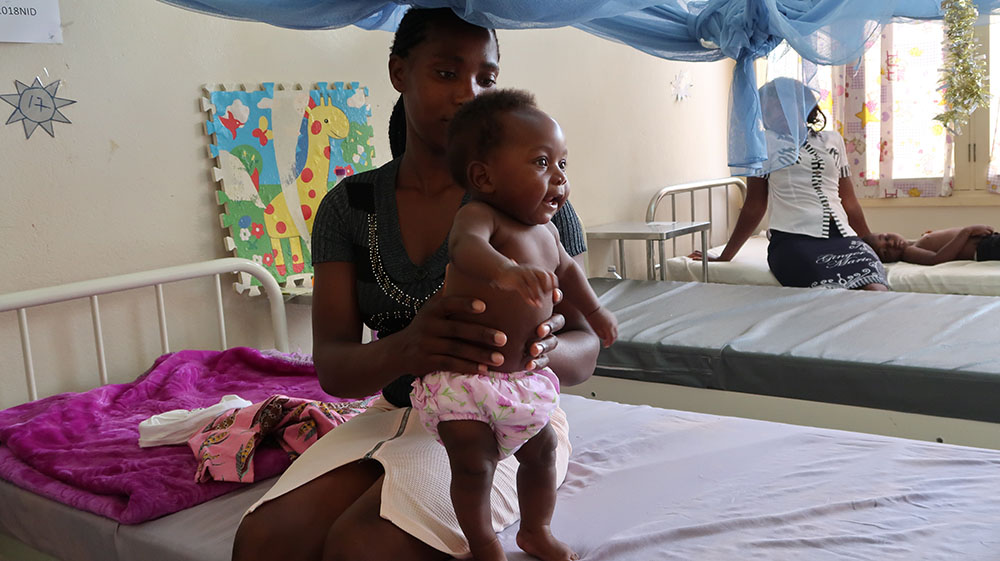HIGHLIGHTS
Better chances for survival
ICARIA aims to test whether mass administration of an antibiotic is effective in reducing infant mortality in sub-Saharan Africa
The Greek island of Icaria derives its name from Icarus, who according to Greek mythology fell dead into the sea nearby after flying too close to the sun. Today, ICARIA is the name of a project whose overall goal is to prevent the deaths of millions of children in sub-Saharan Africa.
Recent studies suggest that mass drug administration of the antibiotic azithromycin in some sub-Saharan countries (many of them malaria-endemic) can reduce overall child mortality. On the other hand, in 2010, the WHO recommended the administration of sulfadoxine-pyrimethamine (SP) as intermittent preventive treatment of malaria in infants (IPTi) as a safe and cost-effective intervention in areas with high levels of disease transmission. ICARIA will test the efficacy of combining both approaches—IPTi and azithromycin—in reducing child mortality. It will take advantage of routine vaccination visits to administer the treatments at defined intervals. The project, funded by the Bill & Melinda Gates Foundation and the “la Caixa” Foundation, kicked off in May 2019 under the coordination of Clara Menéndez, Head of the Maternal, Child and Reproductive Health Initiative.
“Although some other studies have tested mass administration of azithromycin in children, this is the first to perform an individually randomised placebo-control design to evaluate the effect of IPTi together with azithromycin in child mortality,” explains Menéndez.
Why Sierra Leone?
The trial will take place in Sierra Leone, a country with one of the highest child mortality rates in the world, and plans to recruit 19,000 infants. Over the last few months, the project has been preparing for the trial by conducting field visits, coordinating with the national Ministry of Health and other stakeholders, and hiring local staff, among other activities.
“This project is uniquely positioned to provide valuable and conclusive evidence on the feasibility on administering azithromycin coupled with SP through the expanded immunisation programme. Despite the fact that IPTi has been shown to be safe and highly cost-effective when delivered through the immunisation platform, it has not been implemented to date except in Sierra Leone,” says ICARIA project manager Anna Lucas. The team also hopes to identify bottlenecks to inform future policy and help scale up the approach to other countries.
The next few years will tell whether the name Icaria will also be associated with better chances for child survival in Africa.
HIGHLIGHTS
Better chances for survival
ICARIA aims to test whether mass administration of an antibiotic is effective in reducing infant mortality in sub-Saharan Africa
Photo: ISGlobal.
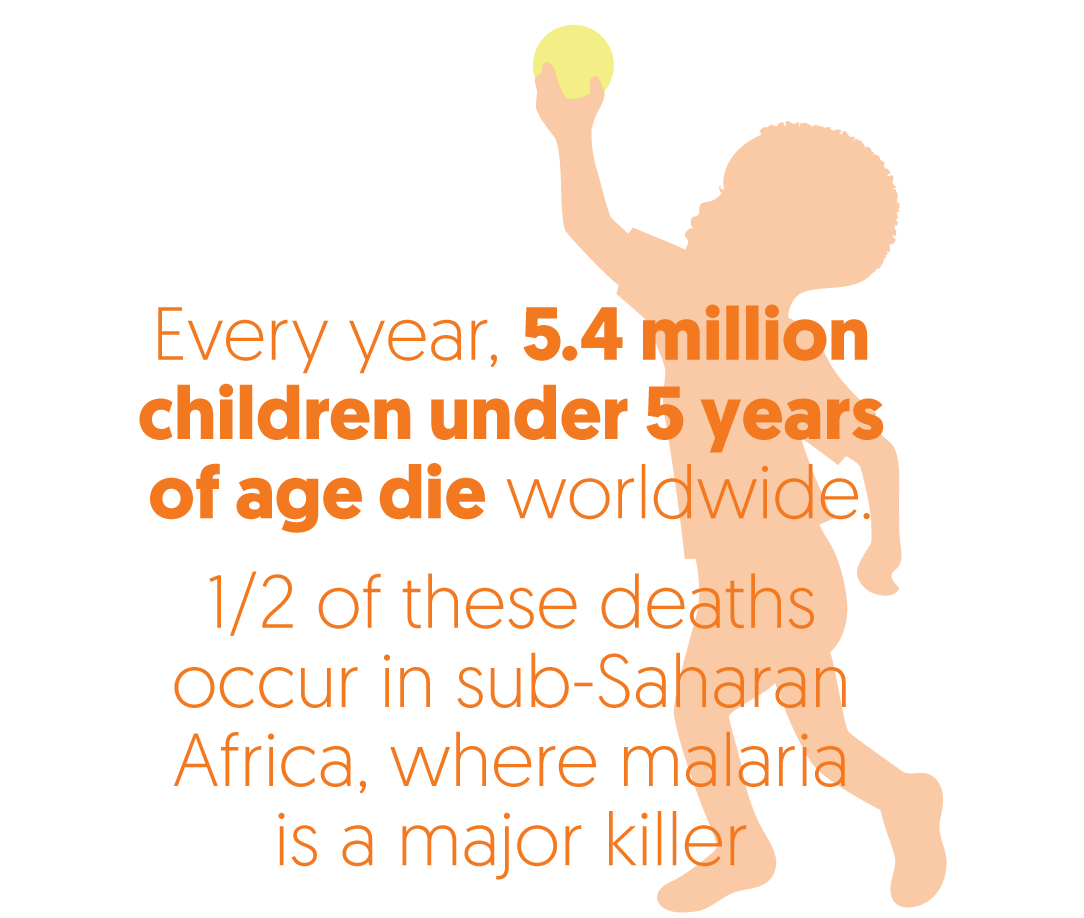
The Greek island of Icaria derives its name from Icarus, who according to Greek mythology fell dead into the sea nearby after flying too close to the sun. Today, ICARIA is the name of a project whose overall goal is to prevent the deaths of millions of children in sub-Saharan Africa.
Recent studies suggest that mass drug administration of the antibiotic azithromycin in some sub-Saharan countries (many of them malaria-endemic) can reduce overall child mortality. On the other hand, in 2010, the WHO recommended the administration of sulfadoxine-pyrimethamine (SP) as intermittent preventive treatment of malaria in infants (IPTi) as a safe and cost-effective intervention in areas with high levels of disease transmission. ICARIA will test the efficacy of combining both approaches—IPTi and azithromycin—in reducing child mortality. It will take advantage of routine vaccination visits to administer the treatments at defined intervals. The project, funded by the Bill & Melinda Gates Foundation and the “la Caixa” Foundation, kicked off in May 2019 under the coordination of Clara Menéndez, Head of the Maternal, Child and Reproductive Health Initiative.
“Although some other studies have tested mass administration of azithromycin in children, this is the first to perform an individually randomised placebo-control design to evaluate the effect of IPTi together with azithromycin in child mortality,” explains Menéndez.
Why Sierra Leone?
The trial will take place in Sierra Leone, a country with one of the highest child mortality rates in the world, and plans to recruit 19,000 infants. Over the last few months, the project has been preparing for the trial by conducting field visits, coordinating with the national Ministry of Health and other stakeholders, and hiring local staff, among other activities.
“This project is uniquely positioned to provide valuable and conclusive evidence on the feasibility on administering azithromycin coupled with SP through the expanded immunisation programme. Despite the fact that IPTi has been shown to be safe and highly cost-effective when delivered through the immunisation platform, it has not been implemented to date except in Sierra Leone,” says ICARIA project manager Anna Lucas. The team also hopes to identify bottlenecks to inform future policy and help scale up the approach to other countries.
The next few years will tell whether the name Icaria will also be associated with better chances for child survival in Africa.
